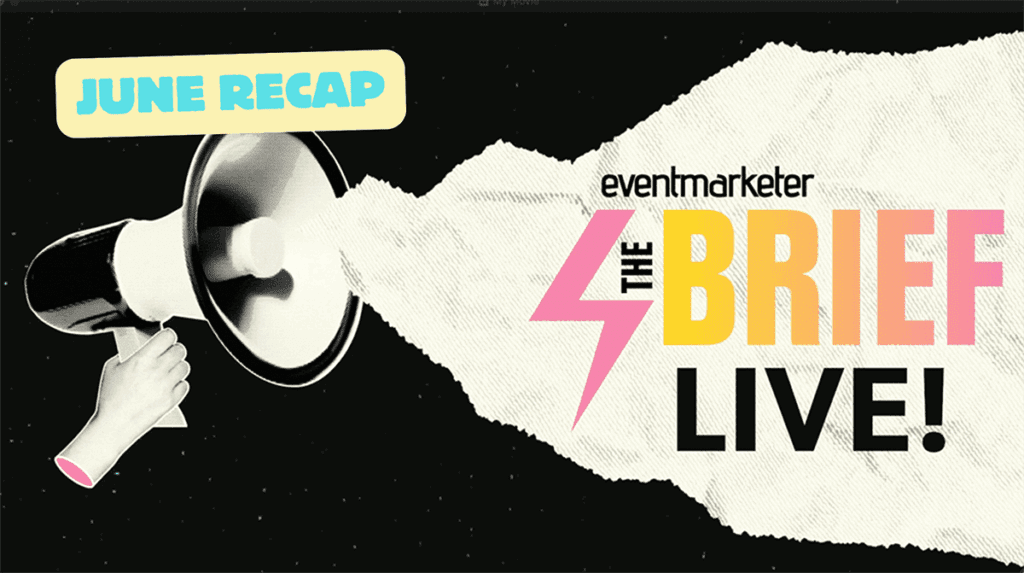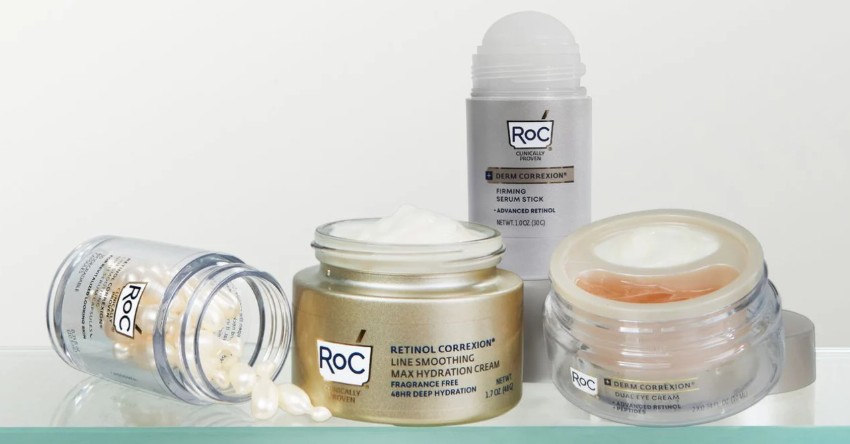Back in July, I wrote an article about Google’s new changes to its AdWords program. The changes were intended to both simplify keyword management as well as give advertisers more control. The AdWords keyword status system was simplified to either active or inactive from its previous normal, in trial, on hold, and disabled. Additionally, accounts are no longer slowed because of low click-through rates (CTR), instead a system called "Quality-Based Minimum Bids" was introduced.
So how has the response from advertisers been? Generally, not good. Because Google sets the minimum bid now, advertisers have complained that their bids have inflated and in fact have to spend more money. An ad that may have cost 5 cents before the changes can cost an advertiser up to a dollar now.
I checked out some forum posts to get additional feedback on the changes and the experience of many Google advertisers seem to be lower impressions, lower CTR, and higher bid prices. Some advertisers claim that Google prices are even higher than Overtures now. Many seem to be exploring new PPC avenues. Looks like Google may make more money on each ad, but the changes have sparked previously satisfied advertisers to explore spending some of their ad budget on other PPC platforms.
Most people do not like change, especially when it comes to their livelihood. It’s not time to panic however. Danny Sullivan from Search Engine Watch makes a good point that this is a natural evolution. These ad systems (Overture, Google, etc.) all start as “low-cost” systems and (like many businesses actually) increase prices over time.
Even in the CPA incentivized space, I remember paying publishers as low as $0.30 per conversion on an email submit offer. That was just a year and a half ago and now some companies are paying in excess of $1.50 – 2.00. Were the publishers ripping me off in that case? Not really. It was a natural evolution. As more players entered the game, the competition naturally set the market rate. What we had to do in response was evolve our monetization path. We figured out how to make more, so we could afford to pay more.
Depending on whether or not you control the product that you promote via PPC, you will have to evolve as well. Whether it be tweaking landing pages to convert better or figuring out how to monetize each user better. If you don’t control the product, then there may just be some offers that you will not be able to promote as much. The onus will be on the original advertiser, then, to improve their product to compete in the evolving landscape. It will take time to adjust, but the market will work itself out.
 Network
Network

